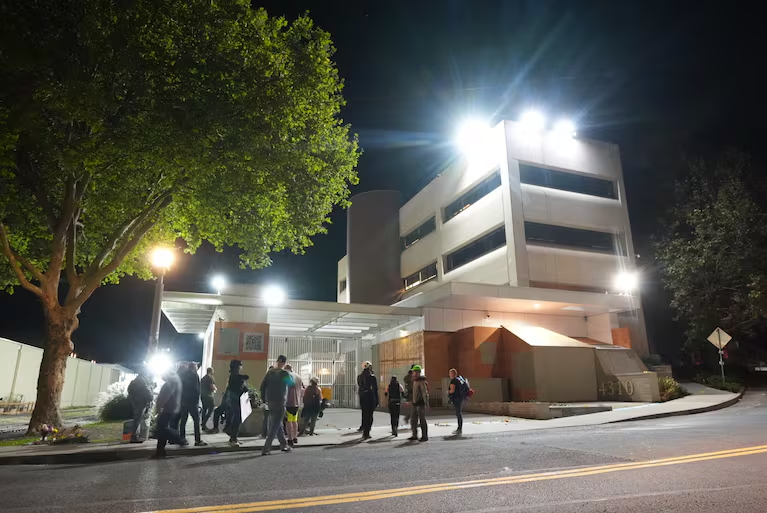Portland City Council will soon debate a proposal that could financially penalize private property owners who lease their buildings for use as detention centers — a move that could directly affect the city’s controversial U.S. Immigration and Customs Enforcement (ICE) facility in South Portland.
The policy, proposed by City Councilor Angelita Morillo, would create a new city fee applied to private properties used as detention centers. Government-owned facilities such as the Multnomah County Detention Center or a hypothetical federally owned ICE facility would be exempt. Currently, only one building in Portland would be subject to the rule: the South Portland ICE building, which has been leased by the federal agency since 2011.
Morillo’s Rationale: “It’s About Community Costs”
Morillo insists the proposal is not about targeting ICE or any specific landlord but rather about recouping public costs tied to the presence of detention facilities. “This isn’t about a specific landlord’s actions,” she told OPB. “It’s about a type of facility that creates costs for the city and for taxpayers. This policy simply mitigates those costs.”
Also Read
According to the draft ordinance, the fee would help fund city expenses connected to detention centers — including police overtime during protests, environmental cleanup of tear gas and other chemicals, and financial support for nearby homes and businesses affected by facility operations.
The policy would also introduce civil penalties for spreading chemical residues or other harmful substances onto nearby streets or properties. City officials say this clause addresses incidents where federal officers used tear gas and pepper balls around the ICE facility, which sits near a local elementary school. The school had to temporarily relocate students after administrators complained about exposure to chemical munitions.
Property Owner Pushes Back
The ICE facility’s owner, Stuart Lindquist, strongly disputes the city’s actions. Last month, Portland issued Lindquist a land use violation, claiming he broke an agreement restricting how long people could be detained at the site. His lawyers called the claim politically motivated and are currently appealing it.
In a response letter dated Oct. 14, Lindquist’s attorneys accused the city of using the proposed detention fee as retaliation for leasing to ICE. The letter cited Morillo’s social media posts criticizing the agency and argued that the policy “is a content- and viewpoint-based penalty targeting landlords who choose to do business with ICE.”
Because Lindquist is the only property owner in Portland leasing to a detention agency, his lawyers say the measure is “clearly directed” at him.
Legal and Political Context
Councilor Morillo acknowledges that her policy may face a legal challenge, but says she believes it will withstand scrutiny. “This isn’t about political actions,” she said. “It applies to all detention centers. This is specifically about the cost to the community.”
The discussion comes amid ongoing tension between city leaders and federal authorities. Earlier this month, the council passed a resolution limiting federal officers’ access to city buildings and formally codified Portland’s sanctuary city policy, which bars city employees — including non-law enforcement staff — from coordinating with federal immigration agents.
These moves reflect Portland’s broader push to resist federal involvement in local law enforcement and immigration matters, a stance that has drawn both praise from immigrant-rights advocates and criticism from federal officials.
What’s Next
The City Council will take up Morillo’s proposal next Wednesday, with a public discussion expected to draw attention and possible protests. So far, no councilor has spoken out publicly against the measure, though observers expect a spirited debate given its potential legal ramifications.
Representatives from the Portland Planning Department are also scheduled to meet with Lindquist in the coming weeks to discuss his land use appeal.
If passed, the detention facility fee would mark yet another step in Portland’s long-running effort to distance itself from federal immigration enforcement while attempting to address the local costs of detention-related activities — costs that Morillo and her supporters argue should not fall on taxpayers alone.












